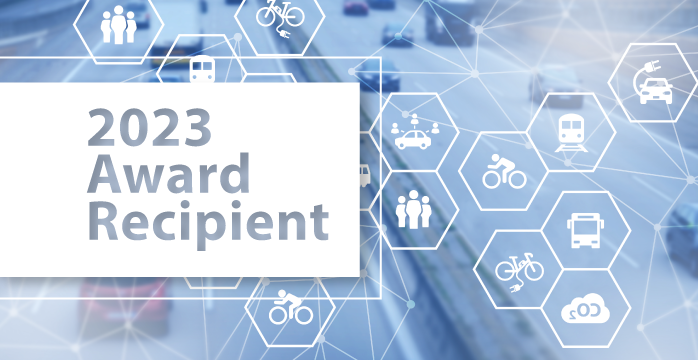The demand for surveillance technologies such as security cameras and advanced electro-optics, video analytics, RADAR, and LIDARs to intensify, reveals Frost & Sullivan
Santa Clara, Calif. – March 16, 2021 – Frost & Sullivan’s recent analysis, Digitization and Advanced Analytics Power the Global Security Industry, finds that threats posed by the proliferation of unmanned aerial systems (UAS), frictionless borders, and integrated border stations will expand this industry worldwide. Segmented into three categories—critical national infrastructure (CNI), public safety, and border security—this market is estimated to garner $230.79 billion in revenues by 2030 from $172.4 billion in 2020, an uptick of 3%. Public safety will lead the growth, securing 72.8% market share and generating the highest revenue as the pandemic has led disaster and emergency management forces to spend significantly on situational awareness systems.
For further information on this analysis, please visit: http://frost.ly/5fi
“While the COVID-19 pandemic temporarily paused the industry, key investment areas remain unchanged. It opened new avenues of security spending in terms of pandemic response and public safety for the long and short terms,” said Himanshu Garg, Industry Principal, Aerospace, Defense & Security Practice at Frost & Sullivan. “Escalating need for niche security solutions, rapid advancements in technology, and budget pressures will drive the industry to innovative revenue models to capture opportunities.”
Garg added: “The increasing number of identity theft incidents and security leaks has accelerated the adoption of biometric technology for identity and access control across CNI, public safety, and border security applications. This has further emphasized the deployment of surveillance technologies. As a result, the demand for security cameras and advanced electro-optics, video analytics, RADAR, LIDARs, wearables, and sophisticated sensors is likely to inflate significantly over the forecast period.”
To tap the imminent market potential, participants should consider:
- Adopting biometric technology for identity and access control, such as facial biometrics in airports, metros, and other public places.
- Screening and detection growth opportunities, especially at airports and checkpoints. Create measures that improve safety while reducing the screening time.
- Developing evolving technologies, such as behavioral analytics, for tremendous scope in the security industry because analytics has changed the overall dimension of security systems being deployed and used.
- Focusing on modern-day emergency management, which relies on end-to-end collaboration, communication, and real-time information sharing between various stakeholders, with opportunities in integrating various emergency communications.
- Countering evolving threats such as usage of driverless cars, autonomous drones, etc., as weapons of mass destruction. Law enforcement agencies seek counter-UAS to detect and neutralize unmanned aerial threats and remote weapon stations to guard borders without endangering lives.
Digitization and Advanced Analytics Power the Global Security Industry is the latest addition to Frost & Sullivan’s Aerospace, Defense & Security research and analyses available through the Frost & Sullivan Leadership Council, which helps organizations identify a continuous flow of growth opportunities to succeed in an unpredictable future.
About Frost & Sullivan
For six decades, Frost & Sullivan has been world-renowned for its role in helping investors, corporate leaders, and governments navigate economic changes and identify disruptive technologies, Mega Trends, new business models, and companies to action, resulting in a continuous flow of growth opportunities to drive future success. Contact us: Start the discussion.
Digitization and Advanced Analytics Power the Global Security Industry
MF6F-23
Media Contact:
Priya George,
Corporate Communications
M: +91 98403 55432; P: +91 44 6681 4414




